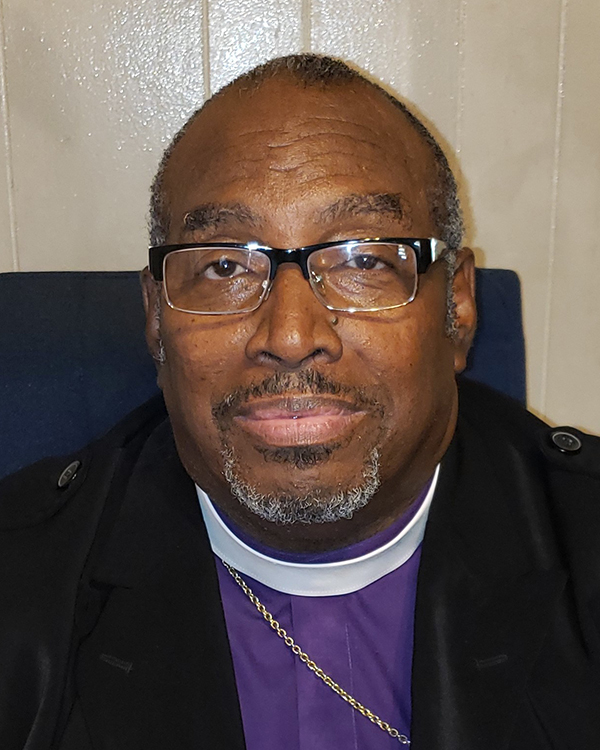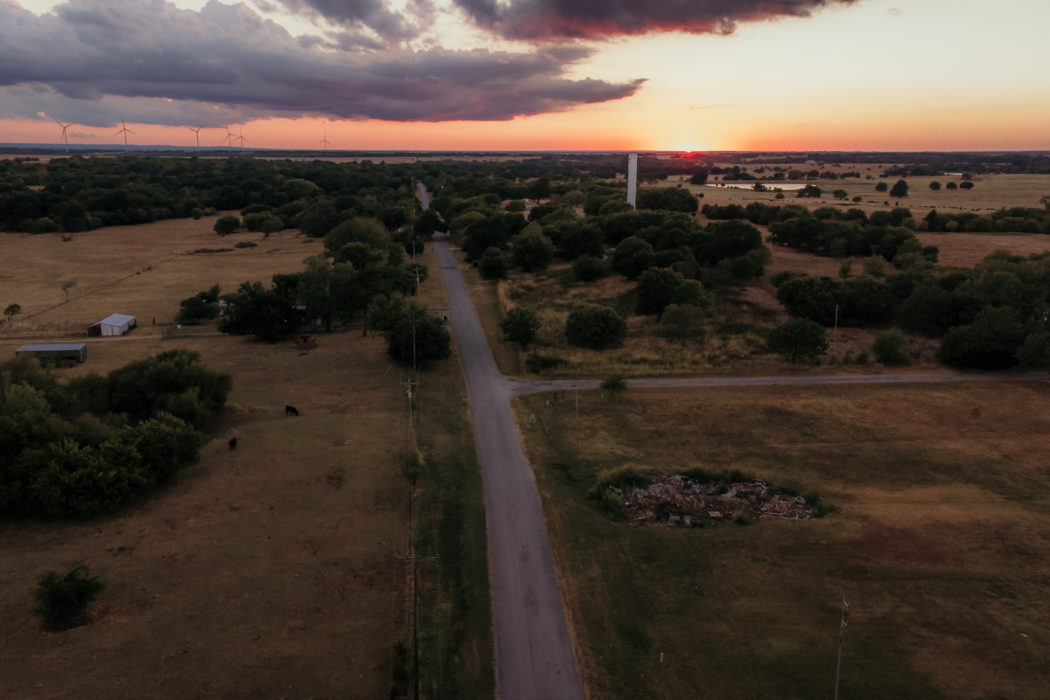When Dr. Aaron McCall talks about where he lives, the Black Belt of central Alabama, being a desert, he isn’t referring to sand dunes.
“I represent some of the most chronically impoverished communities in America and we have been traditionally overlooked, underfunded, and neglected when it comes to economic development or any kind of development,” McCall said. “We truly are a desert in many ways — a food desert, an employment desert, you name it.”

And in his role as managing director of the South Central Alabama Broadband Cooperative District, McCall spent the last decade-plus focused on solving one of his area’s long-running deficits: broadband.
McCall, a pastor, came to the project as a community organizer and has spent the past 13 years navigating the broadband learning curve. He is essentially a one-man team trying to marshal the resources needed to build a community-owned network that can serve the district’s 17 counties.
In 2023, as McCall prepared to apply for a series of grants from the state’s Capital Projects Fund (CPF) that could advance the cooperative district’s work, the nonprofit Connect Humanity introduced him to the team at CORI and Rural Innovation Strategies, Inc., who had the broadband and grant writing expertise to help him get the applications across the finish line. While that effort failed to win funding, they collaborated on another grant through the Just Transition Fund (JTF) that secured $100,000 to help the cooperative district prepare for a federal grant application.
McCall recently shared how seeking broadband technical assistance has helped his project in rural Alabama and could help others around the country who find themselves in a situation like his:
Filling gaps and adding capacity…
When they came to the table, we were already in discussions, trying to pull together these grants for the CPF. The very first thing we realized was that we had a public-private partnership with the ISP, and we, the public, are trying to build a network that’s community-owned and privately operated. As we were preparing to do these applications, we realized that we had all these various moving parts and needed someone to manage that for us.
They came along at the right time to provide some project management for us, some cohesiveness for us to strengthen our organization. Even though we have all these members of our cooperative district, I’m the only “employee” — hoping one day, once we get funding, get up and running, that I could perhaps see compensation for the work I’m doing. But right now I’m it and with all the nuances of pulling the project together, keeping it going, we needed some direction and CORI provided that for us.
Seeking new opportunities for funding…
I didn’t know anything about the Just Transition Fund until that opportunity was presented to me as, “Hey, you might want to take a look at this …”
When (JTF) was first mentioned to me, because it mentioned coal-impacted communities, I dismissed it. In our footprint there were no “active coal-mining projects.” But as we looked closer we realized that there’s a (regional) coal-fired electrical plant that has been impacted, so that gave us the opportunity to apply.
And the first lesson for me is, being so close to the situation, I had to look past the obvious in order to see the potential. … Then, looking past the obvious, we see the problem and can come up with a solution. It caused us to look at it all in a different way.
Industry-specific expertise…
They (CORI and RISI) are some of the best I’ve met when it comes to field work and actually getting it. The analytical ability to look at a situation and synthesize it down to a workable solution is something I really appreciate. They’ve been able to take that big problem … and really give us a strategic method going forward on how to approach things.
For me, their help has been a lifeline. They have become a lifeline for me — I rely on them very, very heavily in just about everything I’m doing now. They’ve made my job a whole lot easier since I don’t have a staff.
Understanding and support…
When we didn’t win any of the applications we put forward, their response was, “We’re not defeated. We’re going to keep going until we make something happen.” That’s the kind of spirit that I really appreciate from them.
I have become much more confident in my position, in my decision making, because I have that backup, because I have their advice. Their guidance is unsurpassable in my opinion — it’s top notch.
Does Dr. McCall’s story sound familiar to you?
Rural America is full of stories like these that show challenges facing rural leaders trying to bring broadband to their communities.
If you are looking for technical assistance, interested in learning more about how broadband connectivity can be a tool for economic development, or want to figure out how to make the most of opportunities in your region? Reach out to the CORI’s broadband experts broadband@ruralinnovation.us!
At the Center on Rural Innovation, we are working with rural communities across the country to help position them to thrive in the 21st-century tech economy. To learn more about our work in this space, be sure to sign up for our newsletter.
